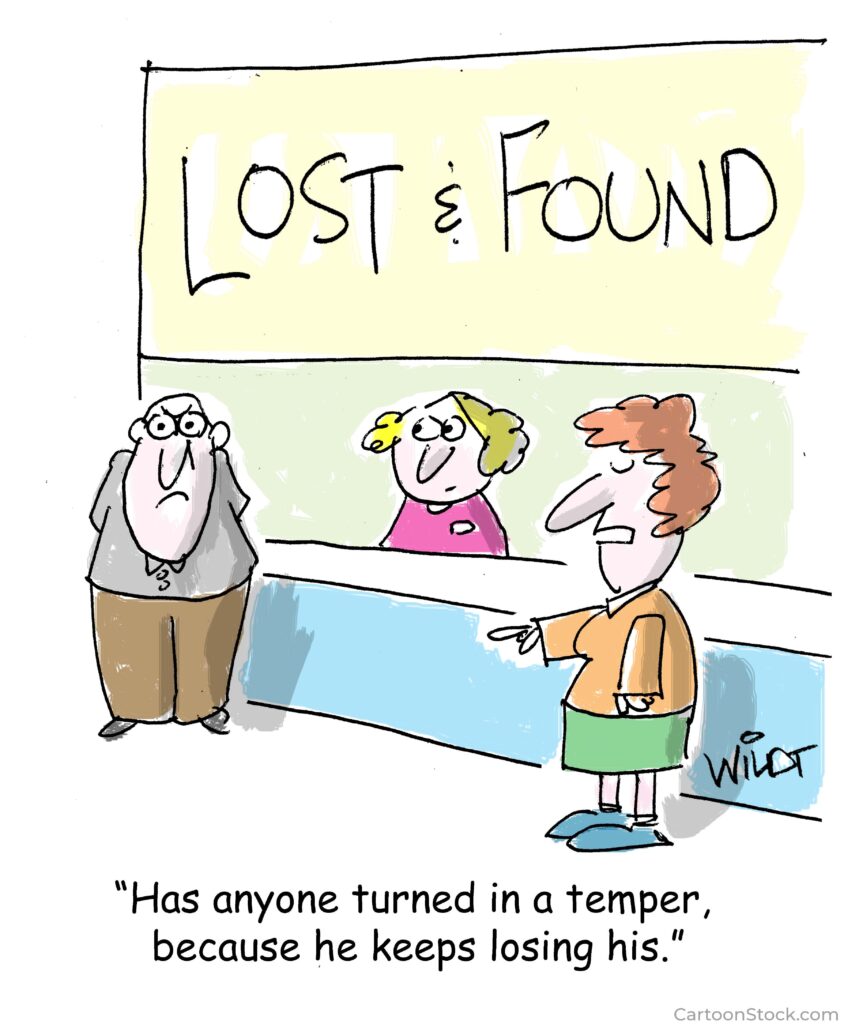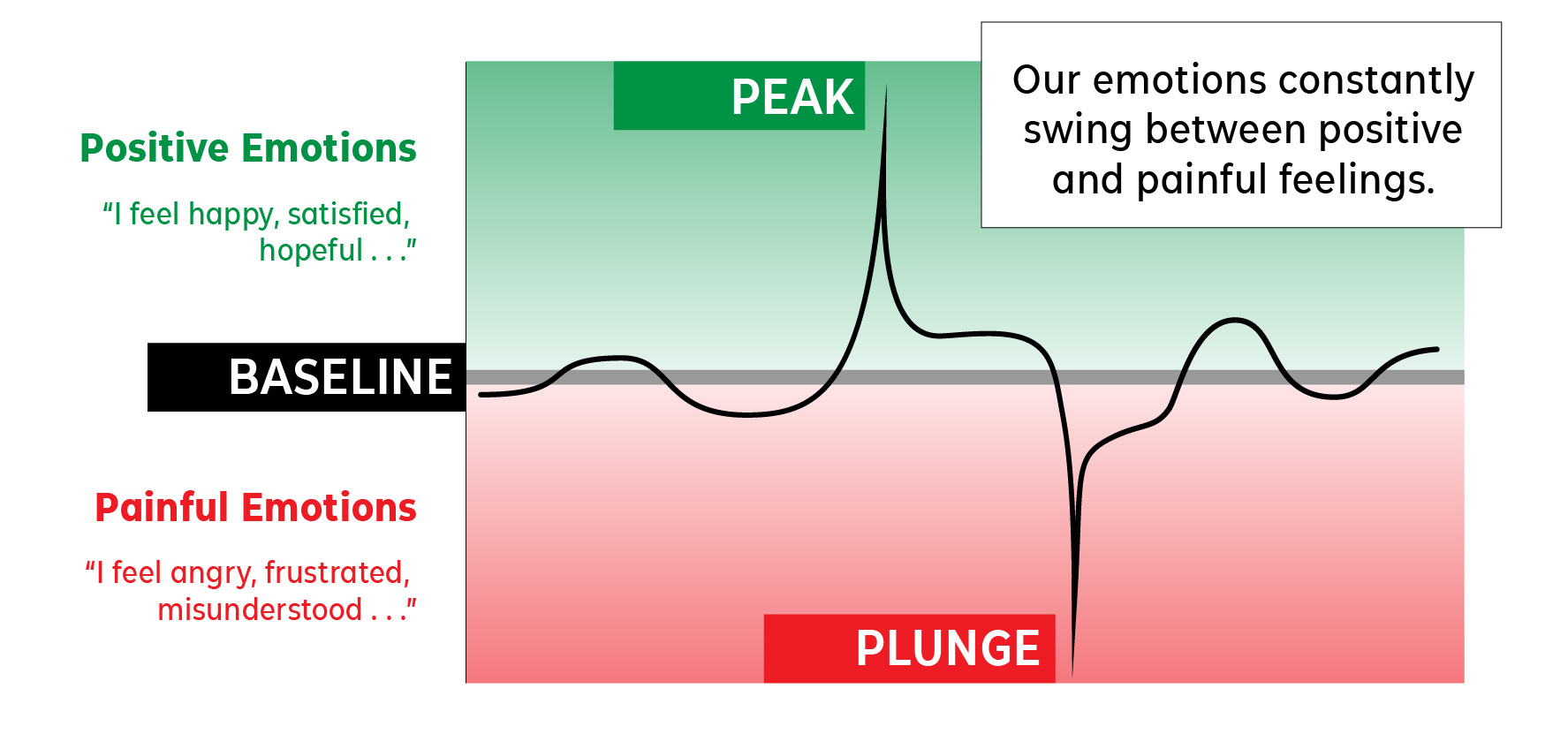
My seven-year-old grandson is the center of my universe. I often tell him how much I love him, and he reciprocates. Sometimes we banter back and forth with phrases like, “I love you to the moon and back. Well, I love you to the stars and back. Well, I love you more than all the leaves on all the trees.” My favorite term of endearment spoken by Ben is, “You’re the best papa ever.”
But last week when we were at the community pool, we had an unusual episode. We were playing pick-up-the-sunken-rings with other children (colored plastic rings are thrown around the pool and the child who collects the most wins). Ben was trying, unsuccessfully, to pick up the rings with his toes, so I said, “B, you need to dive headfirst and grab them with your hands.” Then I turned him upside down and pushed him headfirst under the water. When he popped up, he shouted “I hate you. You’re the worst papa ever.” It sent a chill over the entire pool.
Days later, when we were cuddling on the coach in my study he said, “Papa, I love you. You’re the best papa ever.” I said, “Thanks B. But last week when we were at the pool, you said you hated me and I was the worst papa ever.” He matter-of-factly replied, “But Papa, I was angry.”
Sensing a teachable moment, I taught Ben an important life lesson.
“Ben, we all have emotions. That’s a normal part of life. Sometimes we feel painful emotions—we’re sad, afraid, frustrated, angry—and sometimes we feel positive emotions—we’re happy, satisfied, grateful. It’s okay to feel both types of emotions. It’s also important to express our emotions; we need to talk about how we feel.
“But when our emotions peak (we’re feeling very angry or very satisfied) we need to be careful with what we say and do because we may say or do something we later regret. As a matter of fact, at those times, it’s probably best that we not say or do anything until we calm down.”
Believe it or not, I think Ben understood.
Much like an EKG machine reveals the ongoing rhythm patterns of our heart, I often visualize a similar scale that would show our emotional patterns.

The horizontal baseline represents emotional homeostasis, when neither positive nor painful emotions are dominate. The swings up show when positive emotions are strong and the swings down show when painful emotions are predominant.
It’s normal for our emotions to fluctuate up and down, and they can rise or fall suddenly and often. You can’t always stay above the line (it’s unhealthy to even try) and you don’t want to consistently experience life below the line. The swings up and down are normal and healthy.
But we must be careful when we peak emotionally, either up or down. At those moments we need to monitor what we say and do, and not make decisions.
Interestingly, those extremes don’t last long; they quickly subside and move back toward the baseline. Sure, we can stay moderately frustrated or angry for a while, but seldom do we stay at extreme levels.
Recently, in a moment of frustration (I was at the bottom of the chart), I said something to my daughter that I immediately regretted and later apologized for. Recently, during a moment of pure nirvana (Ben and I were sitting on the couch in my study, memorizing poetry), I rashly said, “Ben, see all the books in my library. Someday, they will all be yours.” (I don’t regret having said that, but it was an impetuous decision prompted by peaking emotions.)
Train yourself to recognize those moments and exercise restraint. There’s wisdom in the old notion of counting to 10 when you start feeling upset. As you count, imagine that with each number, you’re reaching a new level of calmness. This will buy you some time and help you respond more prudently.

Great anecdote, suggestion, and cartoon!
Thanks, Jan. Don
Your posts are always so interesting
Thanks, Carol. Don
You said a mouthful! So true! A beautiful story nonetheless, and an example to follow. Thank you.
Thanks, Jennifer. I appreciate you taking the time to respond. Don
Lot of truth is said Don. Thank you
Thanks, Mary, for reading and responding. Don
A morning devotional this week spoke of this topic also. It is unwise to be ruled by temporal emotions, for sure.
I was encouraged to memorize Proverbs 27:12: “The prudent see danger and seek refuge, but the simple keep going and pay the penalty.” I have meditated on this throughout the week.
Thanks, Marcy, for taking the time to share your thoughts. Don
Hi, Don,
This is so appropriate to a situation in my life this week. A person so uncommonly pushed to extreme outbursts, I really “blew-it” this week, resulting in a bear-immediate apology. No matter how I am treated, it remains a goal to look to the Lord in that “ten-count” for perspective and peace.
I’ve missed you.—and choir. -— KarenS
Thanks, Karen, for taking the time to write. I mis-speak at least a dozen times a day… Don
Great advice!
Thanks, Mary.
Thanks Don…great insight as always. I like how you mentioned being careful when you are on an emtional high. I focus most on trying to control what I say/how I react when angry. You are correct when you write that doing the same when on a high is equally important. Something I will work towards being more congnizant of in my life.
Chad, thanks for taking the time to write. Yep, we can make mistakes when we’re on the top of the curve. Take care, Don.